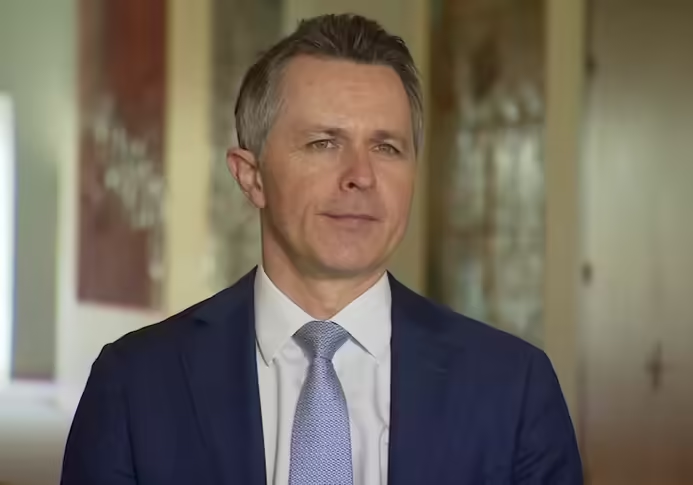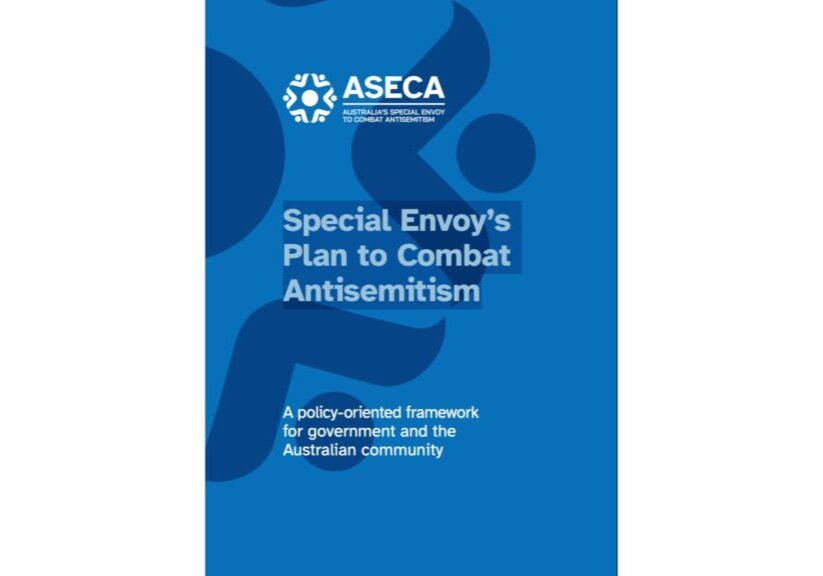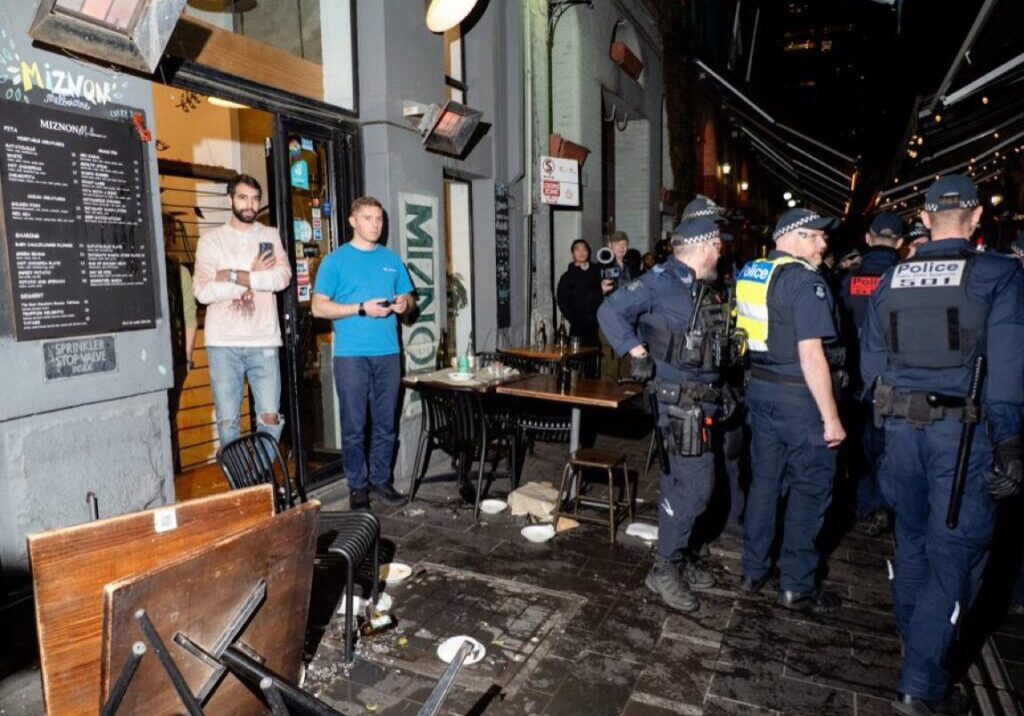Australia/Israel Review
The Last Word: Youth: Faithful and Empowered
Jan 1, 2008 | Jeremy Jones
Jeremy Jones
To meet Luluk Nur Hamidah is to be impressed. A dynamic, irrepressible academic, poet and political activist with Indonesia’s – and most likely the world’s – largest Islamic organisation, Nahdlatul Ulama, Luluk expressed opinions on virtually every topic raised at the inaugural Youth Interfaith Forum in Perth in December, with passion and an overwhelming commitment to democratic values and interfaith cooperation.
Luluk was one of a number of “counter-radical” (to borrow a term from Barney Zwartz of the Age) Muslims at the conference, which included Hindus, Christians, Jews, Buddhists, Muslims and others from 10 Asian countries, Australia and a combined European Union delegation.
Others included Shanmuga, a Malaysian lawyer with an infectious laugh and impressive intellectual credentials, a tireless worker for the victims of anomalies and pitfalls in the laws relating to religion in a society which seems increasingly to be falling prey to religious intolerance; and Friedrich Bokern, an effusive Christian Democrat from Germany. Both demonstrated that commitment to one’s own beliefs is no impediment to creative, impressive bridge-building with members of other faiths.
The delegates were brought together by the Australian Government and the European Union as part of efforts to strengthen religion as a tool against intolerance, rather than as a source of extremism.
In a number of the countries represented, there is an intense and sometimes bitter contest in a war of ideas, as political leaders and religious extremists seek to justify their actions with claims of religious authenticity. For many of the delegates present, this was a rare opportunity to develop networks, and friendships, with others engaged in similar struggles but in varied, even contrasting, contexts.
Having attended Asia/Pacific Regional Interfaith Dialogues (APRID) co-hosted by the Australian, Indonesian, Philippines and New Zealand governments, I was invited to deliver an address at the opening plenary and to stay with delegates as a “resource” during discussions.
In the APRID process, some delegates are selected due to positions held in government, NGOs or religious communities, and more than one of the national delegations overtly or subtly pursued political objectives not necessarily in accord with the ideals of interfaith dialogue or cooperation amongst peoples. At this forum, each and every participant had personal, impressive credentials of achievement in civil society or public administration.
The openness to knowledge and the willingness to hear and to contribute was at a level I have never before experienced in many years of conference-going. The enthusiasm to learn and to inform, which saw delegates from Laos, the Philippines, Thailand, Brunei, East Timor and beyond locked in vigorous and colourful exchanges, augurs well for the future of those societies.
Many of the Asian delegates clamoured to witness the lighting of candles for the Festival of Hanukkah, a ceremony which led to boundless questions to the three Jewish people in attendance. We were grateful to have the assistance in answering the queries from Muslim delegates from Indonesia, Australia and Europe.
Not one hint of hostility was evident towards Judaism (or, for that matter, any of the other faiths present) and questions concerning Israel were asked in a spirit of genuine enquiry.
In fact, the strongest critique of any religion came from a Muslim leader who warned of the malevolent influence of “half-baked imams and mullahs”.
The forum was predicated on the belief that interfaith cooperation, collaboration and networking is a key to strengthening civil society against the destructive effects of religious and political extremism. The personal experiences of a number of the delegates highlighted just how complex and diverse are the challenges facing those committed to protecting and furthering basic human rights.
While the forum was in session, I could not help but think of the plight of Salah Uddin Shoaib Choudhry, suffering in Bangladesh for promoting the vision which was behind the Australian and EU initiative. His case, which I have outlined before in these pages, gives added urgency to the work of confronting intolerance and abuses of freedom of thought, expression and conscience.
Tags: Antisemitism, Indonesia






